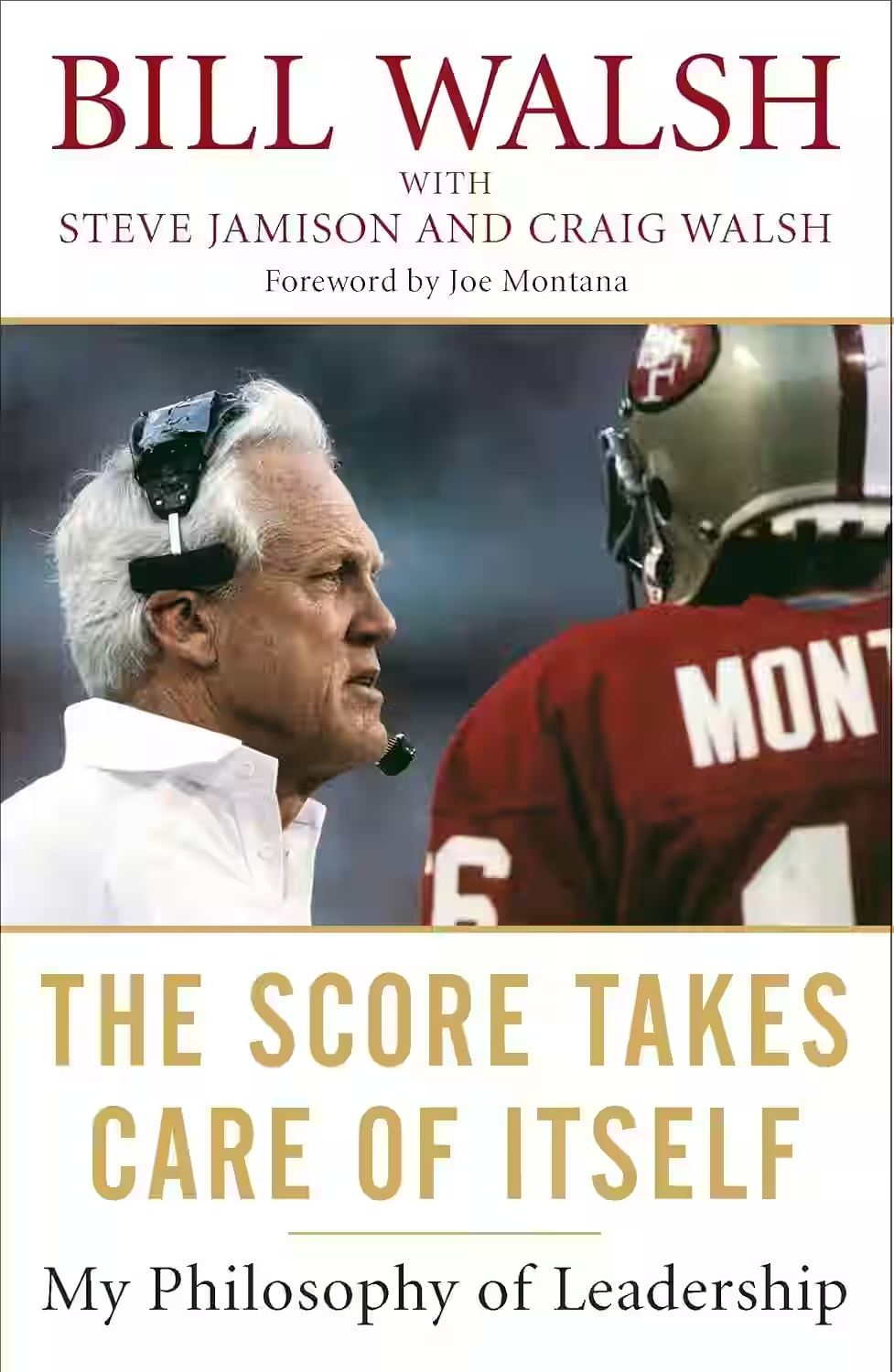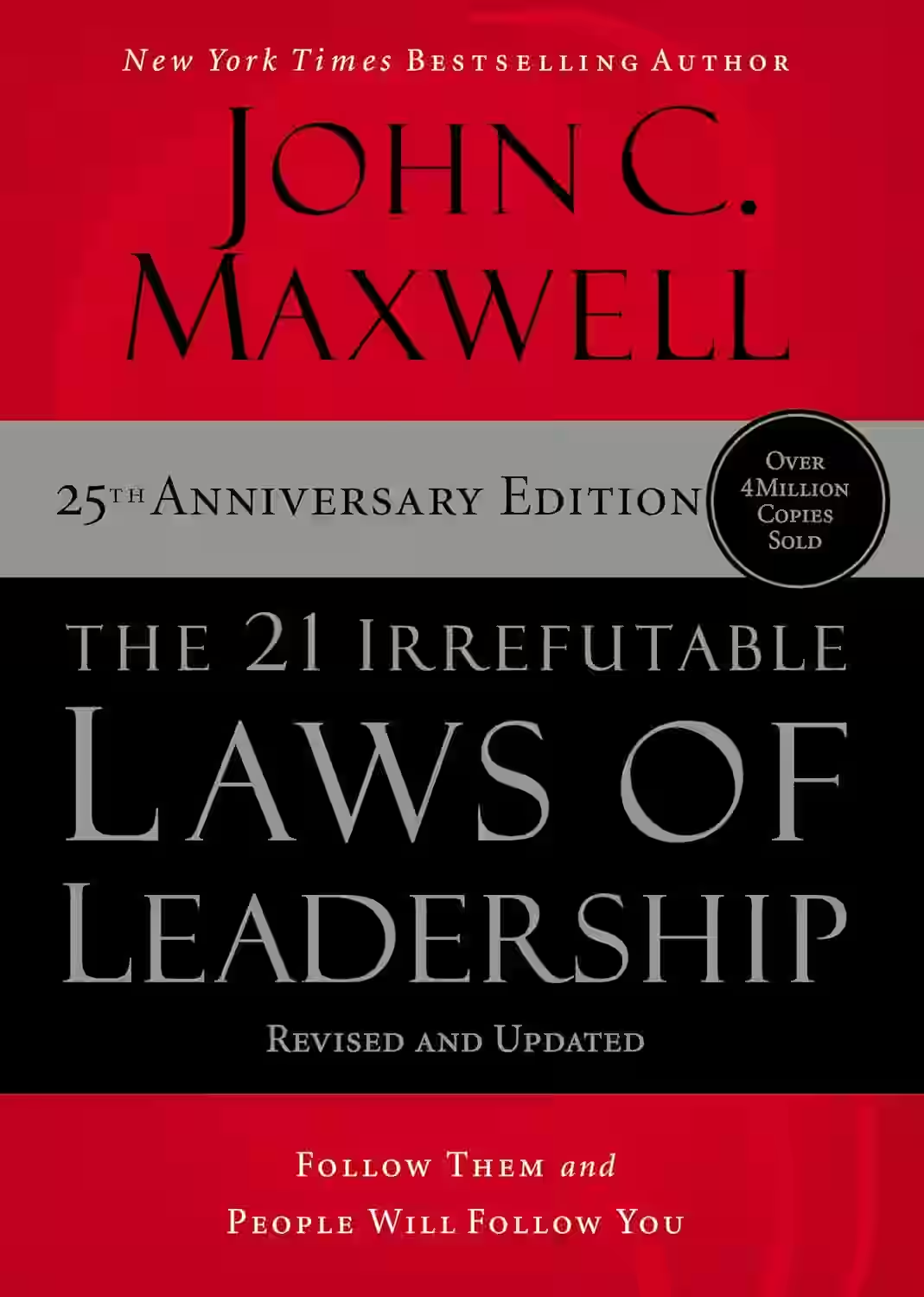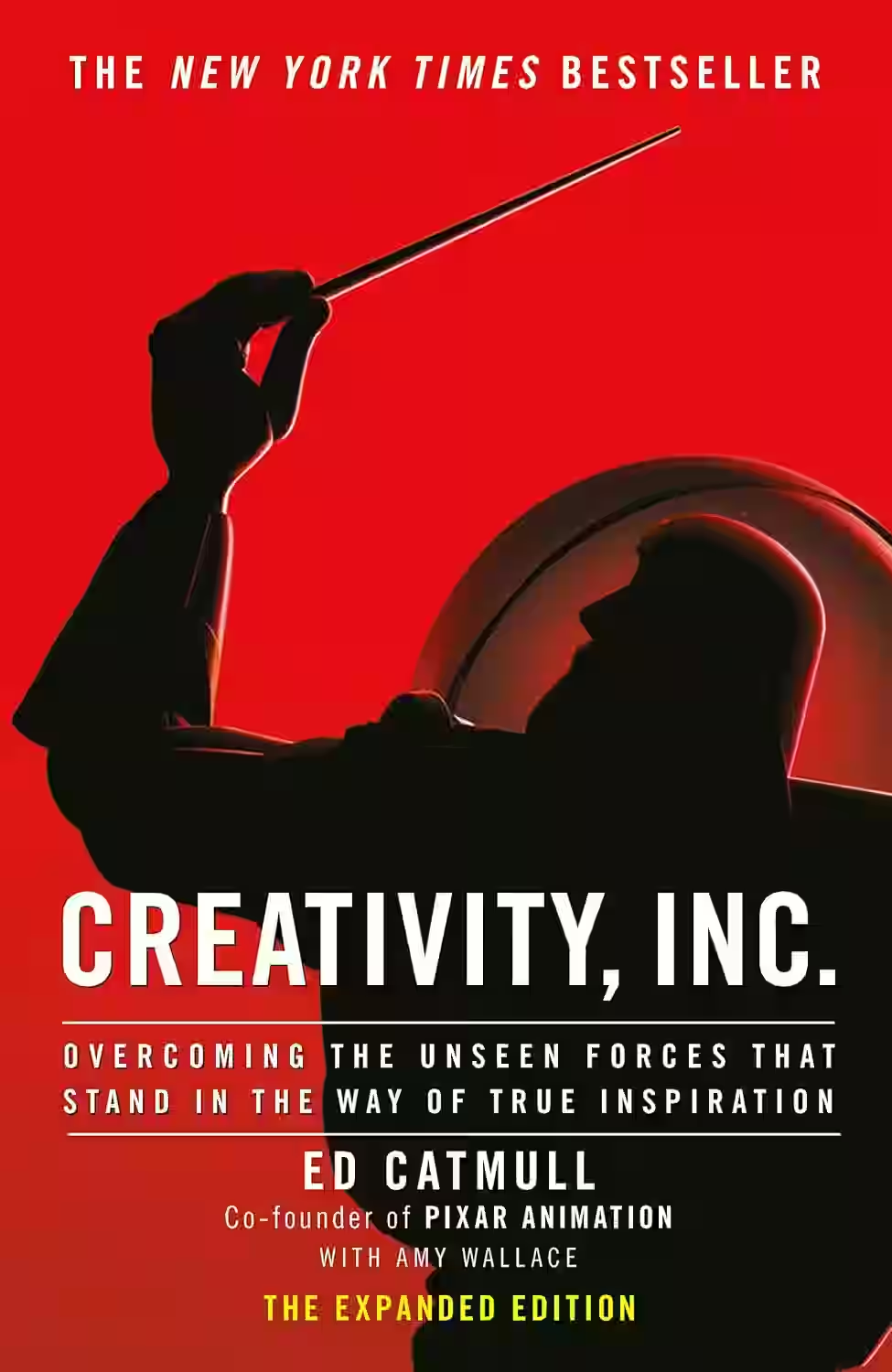
In this leadership classic, legendary football coach Bill Walsh shares the philosophy that helped transform the struggling San Francisco 49ers into a championship dynasty. His core principle—focus on the process and the score will follow—applies far beyond sports. Walsh emphasizes preparation, discipline, and high personal standards as the foundation of success. The book includes insights from players and staff, as well as personal stories of triumph and setback. It serves as a practical and motivational guide for leaders, coaches, and professionals aiming to build excellence from the ground up, regardless of the field.
About Bill Walsh
Bill Walsh was an iconic American football coach and executive, best known for leading the San Francisco 49ers to three Super Bowl championships in the 1980s. Renowned for pioneering the “West Coast offense,” Walsh transformed the way football was played and coached. Beyond the game, he was a mentor and leadership theorist, sharing his philosophy in The Score Takes Care of Itself. He emphasized preparation, standards, and character over results. Walsh’s influence extended far beyond the field, shaping generations of leaders in sports and business. His legacy lives on as a model of visionary leadership and high-performance culture.
Similar Books

The 21 Irrefutable Laws of Leadership
In 'The 21 Irrefutable Laws of Leadership' by John C. Maxwell, readers are taken on a transformative journey through the fundamental principles that govern effective leadership. Maxwell, a renowned leadership expert, eloquently presents 21 laws that are essential for anyone looking to enhance their leadership skills and influence. Each law is illustrated with insightful anecdotes, real-world examples, and practical tips that readers can apply in their own lives and organizations. From 'The Law of Influence' to 'The Law of Navigation,' this book offers a roadmap for aspiring and seasoned leaders alike to reach their full potential. Through engaging storytelling and expert guidance, Maxwell equips readers with the tools they need to become successful and respected leaders.

Creativity, Inc.
by Ed Catmull
Ed Catmull, co-founder of Pixar, offers an insider’s guide to building a creative culture. Through stories from the making of beloved films like Toy Story and Finding Nemo, Catmull reveals how Pixar nurtures innovation while maintaining excellence. He discusses leadership, collaboration, and the importance of candor in creative work. Central to the book is the idea that protecting creativity requires careful management of failure and feedback. Creativity, Inc. is not just a memoir—it’s a manual for leading with purpose, whether you’re in animation, tech, or any field requiring bold ideas and inventive teams.

Only the Paranoid Survive
In this business classic, Intel co-founder Andy Grove shares insights into managing “strategic inflection points”—critical moments that can make or break a company. Drawing from his experience leading Intel through seismic shifts in the tech industry, Grove emphasizes the importance of adaptability, vigilance, and courage. His core idea: constant change demands a mindset of healthy paranoia. Companies and leaders must be ready to pivot when conditions shift. Part memoir, part management manual, the book offers practical strategies for staying competitive, fostering innovation, and leading through uncertainty. It remains a must-read for entrepreneurs, executives, and strategic thinkers.

Delivering Happiness: A Path to Profits, Passion, and Purpose
by Tony Hsieh
In 'Delivering Happiness: A Path to Profits, Passion, and Purpose,' Tony Hsieh, the CEO of Zappos, shares his personal journey and the principles that guided his successful business ventures. Hsieh emphasizes the importance of company culture, customer service, and employee happiness in achieving long-term success. Through engaging anecdotes and practical strategies, he illustrates how focusing on delivering happiness to all stakeholders, from customers to employees, can lead to both personal fulfillment and financial prosperity. This book serves as a compelling and insightful guide for entrepreneurs, business leaders, and anyone interested in creating a more fulfilling work environment.